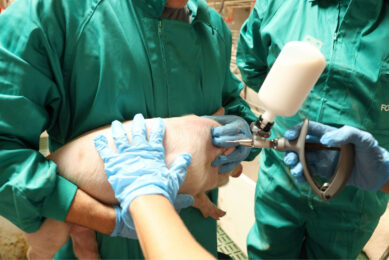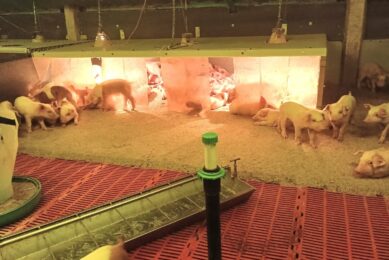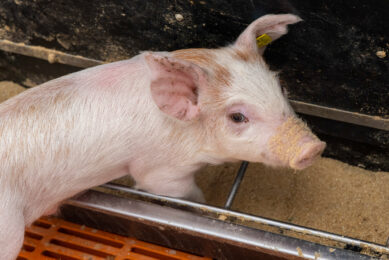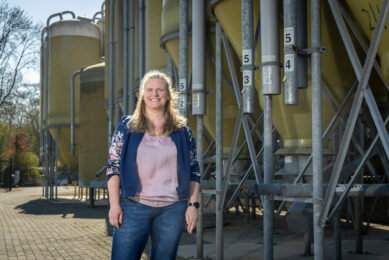US scientists study in utero heat stress for pigs
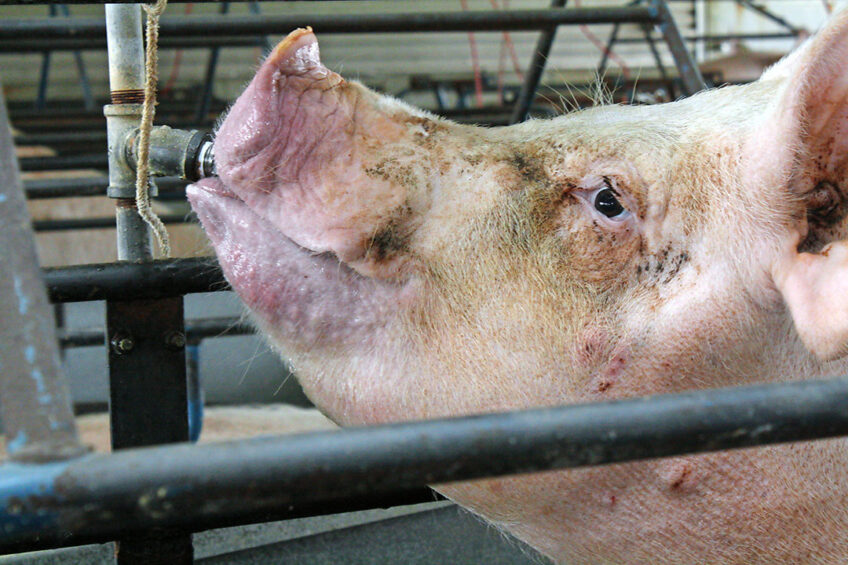
Gestating sows experiencing heat stress can predispose unborn piglets to health complications and diminished performance later in life, US research found.
That so-called ”in utero heat stress” may also hypersensitise the piglet’s immune system, potentially doing more harm than good to the young animals, a team of US researchers found out, consisting of scientists from the Agricultural Research Service (ARS), Purdue University, the University of Missouri and the Oak Ridge Institute for Science and Education. The team published an article about this research that was published by the peer-reviewed Journal of Animal Science late 2020.
Pigs have an inability to sweat
A recent news release at the ARS website explained in detail that pigs are more susceptible to heat stress due to an inability to sweat. That places them at greater risk of health and production problems.
Research has shown that pigs experiencing heat stress during pregnancy can predispose their offspring to complications later in life that can lead to diminished performance, including efficient feed use, growth rate and ultimately, pork production. However, less is known about how this heat stress affects their offspring’s innate immunity, or first-line defence against disease-causing bacteria and other pathogens, noted Jay S. Johnson, animal scientist at the ARS in the news release.
Animal care and welfare guidelines
Following established animal care and welfare guidelines, the team evaluated 2 groups of piglets. The news article explained that the 1st first group consisted of 16 piglets born to mothers exposed to stressful temperature cycles ranging from 26-36°C (or 79-97°F) during the first half of pregnancy. The second group of 16 were born to moms exposed to a “comfortable” 18°C (or 64°F).

Pig Progress recently published a special edition on heat stress. Just take a look and flick through the multitude of relevant articles
The researchers then simulated a pathogen attack on the piglets using lipopolysaccharide, a molecule found in the cell walls of some bacteria. Blood samples were drawn to monitor certain markers of the piglets’ innate immune response, including glucose, insulin, non-esterified fatty acids, cortisol (a stress hormone) and cytokines (markers of inflammation). These, along with white blood cell counts, were compared to a lipopolysaccharide-free group of piglets used as controls.
Among their findings, the researchers observed:
- The core body temperatures of the in utero heat-stressed and non-stressed piglets given the lipopolysaccharide were about the same.
- However, in utero heat-stressed piglets had higher levels of the stress hormone cortisol.
- These same piglets also had greater cytokinelevels in response to the lipopolysaccharide challenge, which provided evidence of a hypersensitive immune response. The researchers worry this could translate to greater risk of pain, infection, organ failure and other complications in such piglets under real-world production systems.
Dr Johnson said their research dovetails with increasing concern over the potential impacts of global climate change on swine welfare and management – especially in regions of the world prone to frequent or prolonged drought and heat waves.

Read also: Cooling down for more hygiene, less ammonia
Genomic approach to effects of in utero heat stress
With support from USDA’s National Institute of Food and Agriculture, the team is also taking a genomic approach to pre-empting the effects of in utero heat stress on piglets. Of particular interest is using genomic markers to flag traits for improved heat tolerance in sows used for breeding.
“To achieve this goal, we are partnering with 2 major swine breeding companies,” Johnson said in the news release. “Our hope is that completion of this project will provide swine producers with a cost-effective strategy to reduce the negative impact of in utero heat stress on swine in the United States and globally.”
The publication in the Journal of Animal Science was authored by Jay S. Johnson, Jeremy N. Marchant-Forde and Donald C. Lay, Jr, USDA-ARS, West Lafayette, IN, USA; Jacob M. Maskal, Alan W. Duttlinger, Kouassi R. Kpodo, Christopher J. Byrd and Brian T. Richert, Purdue University, West Lafayette, IN, USA; Betty R. McConn, Oak Ridge Institute for Science and Education, Oak Ridge, TN, USA; Shelbi D. Perry, Tim J. Safranski and Matthew C. Lucy, University of Missouri, Columbia, MO, USA.



